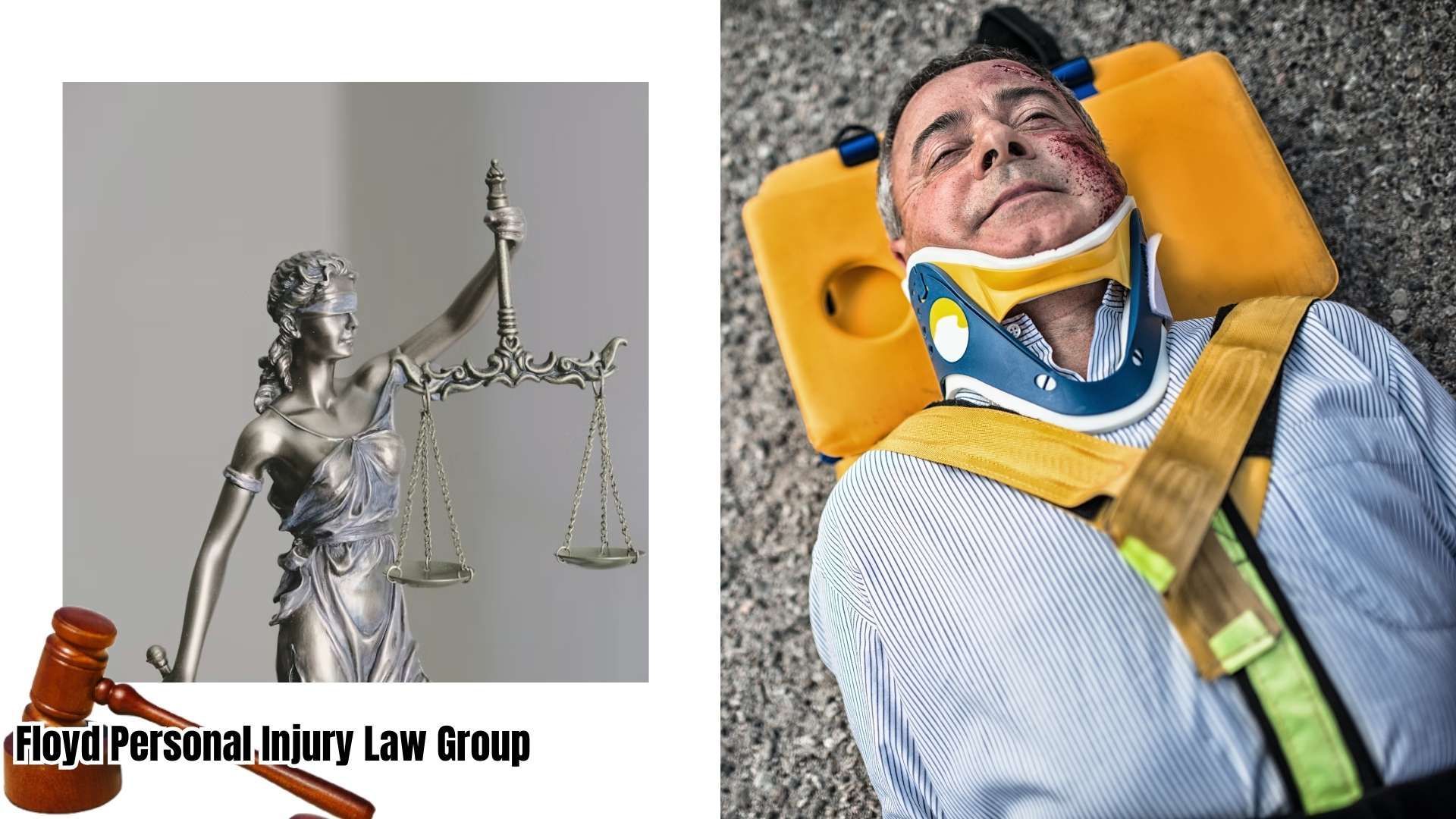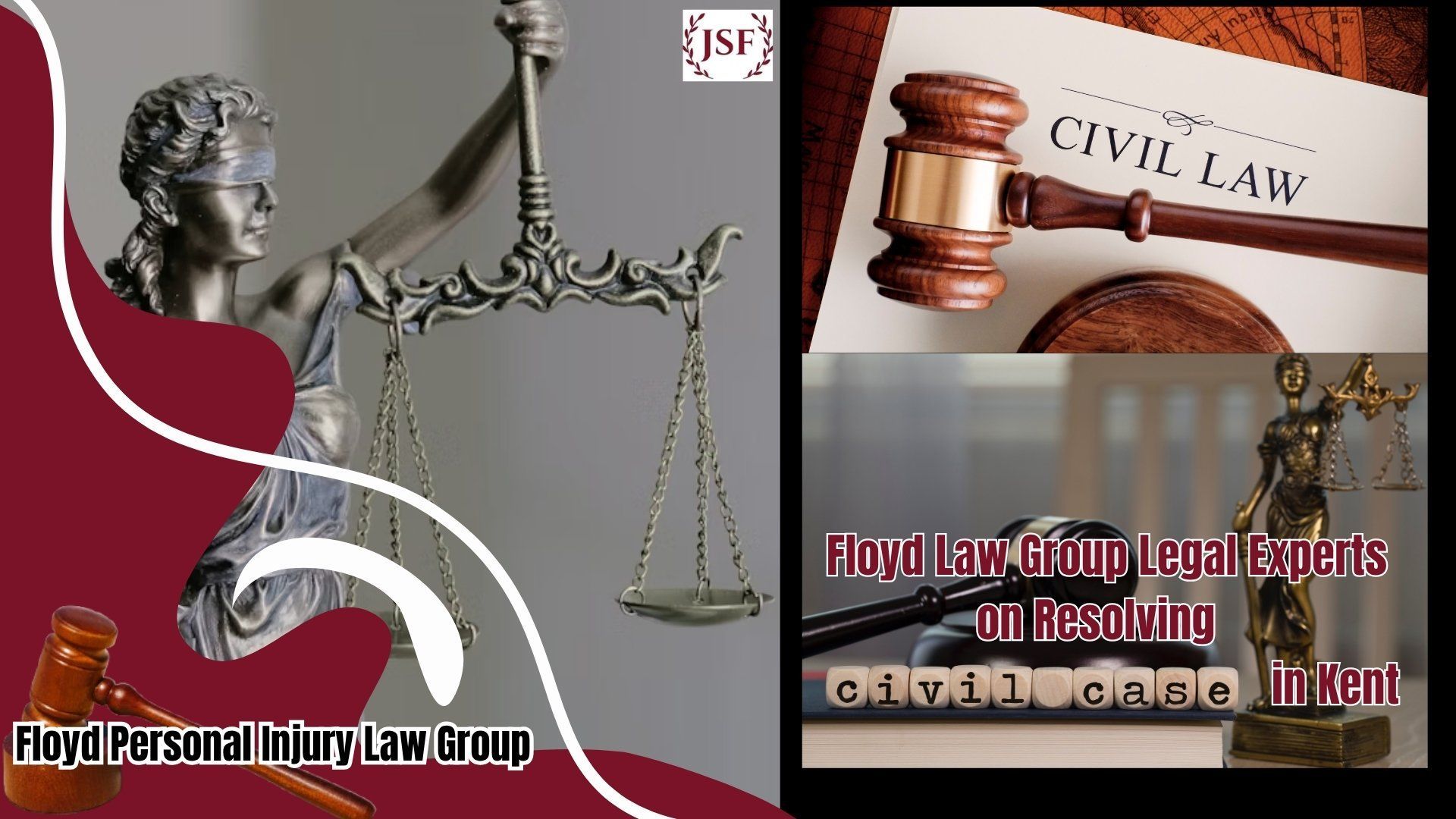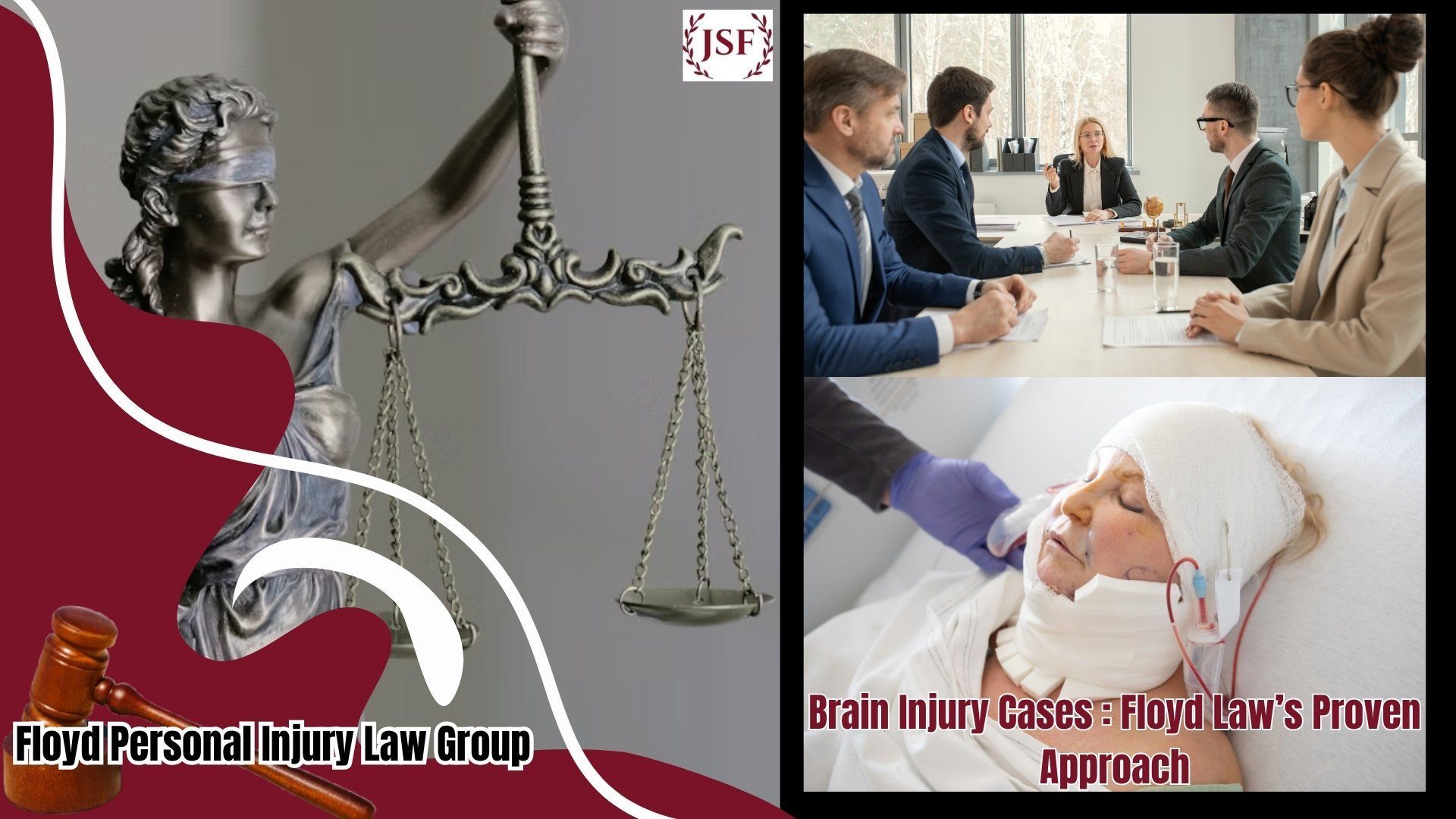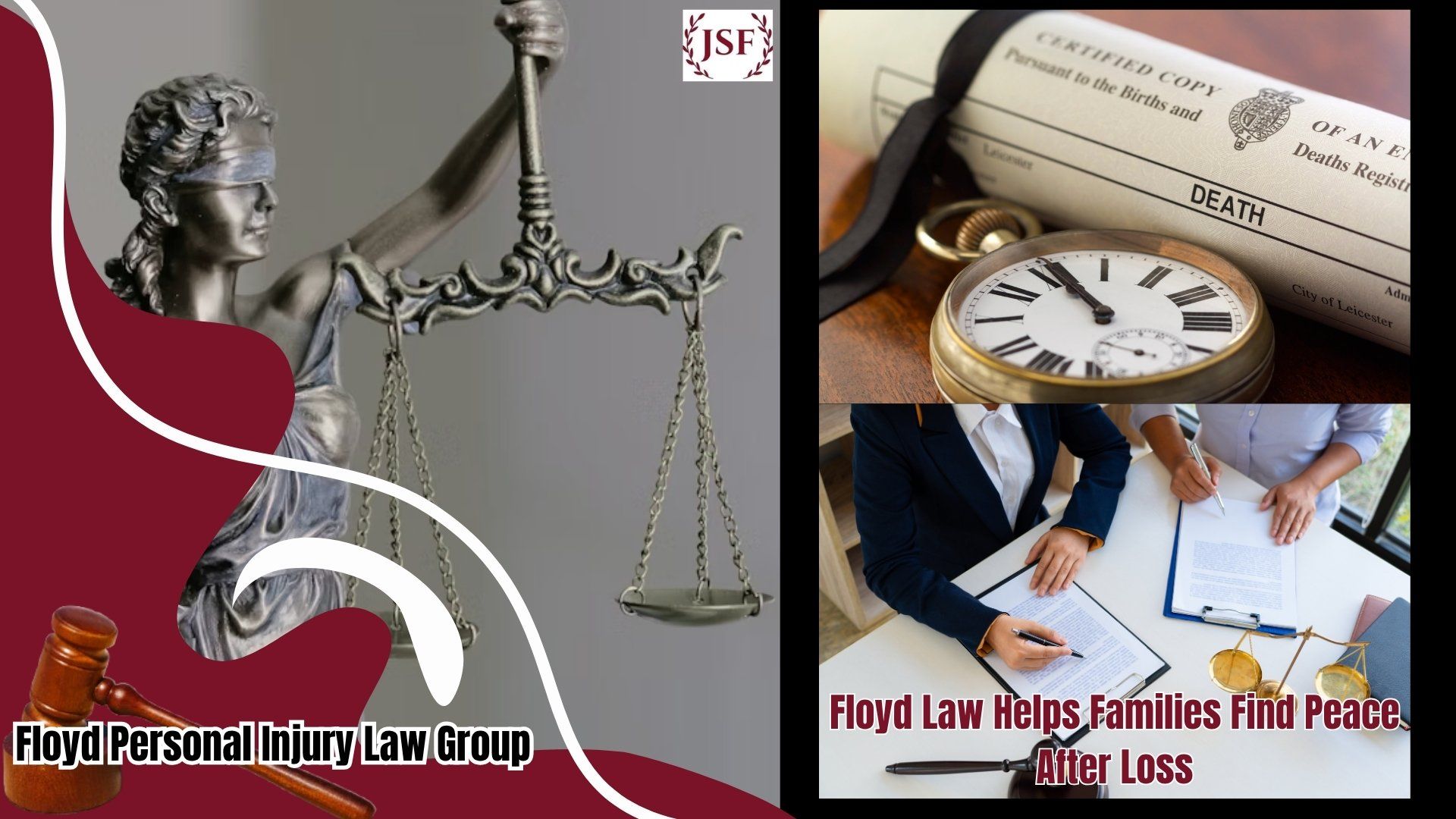What to Do After an Accident: A Step-by-Step Guide
Accidents can happen suddenly and without warning, leaving you disoriented, stressed, and unsure of what to do next. Whether you’ve been involved in a car crash, experienced a slip and fall, or encountered any other type of accident, taking the right steps immediately afterward is crucial.
To help you navigate the aftermath, we’ve compiled a clear and concise step-by-step guide outlining what to do after an accident. By following these steps, you’ll not only protect your well-being but also safeguard your potential legal claim.
1. Prioritize Medical Attention:
After an accident, the first and most important step is to ensure your health and safety. Even if you don’t feel seriously injured, it’s critical to seek medical attention as soon as possible. Many injuries, such as concussions, whiplash, or internal damage, may not present symptoms immediately but can become serious if left untreated.
- Call 911: If the accident involves serious injuries, or if you’re in any doubt about your condition, call emergency services right away. Paramedics can assess the situation and provide necessary treatment on the spot.
- Visit a doctor: Even if you feel fine or have minor injuries, it’s essential to see a healthcare provider as soon as possible after the accident. Not only does this protect your health, but it also provides a medical record of your injuries, which can be valuable in any potential legal claim. Delaying treatment could be used against you by insurance companies, who may argue that your injuries were not caused by the accident.
2. Gather Evidence at the Scene:
If you’re physically able to do so, collecting evidence at the accident scene is vital. The more documentation you can gather, the stronger your case will be when it comes to proving liability and recovering compensation. Keep in mind that evidence can disappear quickly—damaged property can be repaired, and accident scenes can be cleaned up—so it’s important to act fast.
Take photos and videos: Use your phone to document the accident scene from multiple angles. Capture images of any property damage, skid marks, road conditions, lighting, and weather conditions, as well as any visible injuries you sustained. In a slip and fall accident, for example, take photos of the hazard that caused the fall, such as a wet floor or uneven pavement.
Exchange information: If other people were involved in the accident, such as other drivers in a car accident, be sure to exchange contact details, including their name, phone number, driver’s license, insurance information, and vehicle registration. For a slip and fall, get the property owner's or manager’s contact information.
Get witness statements: If anyone witnessed the accident, ask for their contact information and, if possible, a brief statement of what they saw. Witnesses can provide valuable, unbiased accounts of the events.
3. Report the Accident:
Reporting the accident to the appropriate authorities is crucial. In many cases, an official report can serve as an important piece of evidence when filing an insurance claim or pursuing a legal case.
- File a police report: For car accidents, contact the police immediately, even if the accident seems minor. A police report provides an impartial record of the incident, which can be critical for determining fault and establishing liability. Be sure to ask for a copy of the report for your records.
- Notify your insurance company: If you’re involved in a car accident, you’ll need to inform your insurance provider as soon as possible. Provide them with the details of the accident and be honest about what happened, but avoid making any assumptions or admitting fault.
- Report workplace accidents: If your accident occurred at work, notify your supervisor or HR department and file an official report. Promptly reporting the accident can be essential for workers’ compensation claims.
4. Avoid Admitting Fault:
In the immediate aftermath of an accident, it’s natural to feel shaken or emotional, but it’s important to be mindful of what you say. Even casual statements like “I’m sorry” or “I didn’t see you” could be used by the opposing party or insurance companies to suggest that you’re admitting fault.
- Stick to the facts: When speaking with police officers, insurance adjusters, or others involved in the accident, provide factual details about what occurred, but avoid speculating about who is responsible. Let the investigation determine fault.
5. Keep Detailed Records of All Accident-Related Expenses:
Accidents can lead to a range of expenses, from medical bills to vehicle repairs to lost wages due to time off work. Keeping track of all related costs is crucial for ensuring you are fully compensated.
- Medical expenses: Keep all receipts and records of doctor visits, hospital stays, prescription medications, physical therapy, and other medical treatments.
- Property damage: Document any repair costs for damaged vehicles or personal property, and keep receipts for any replacement items.
- Lost wages: If you miss work due to your injuries, keep documentation of your time off and the corresponding loss of income.
6. Contact an Experienced Personal Injury Attorney:
Navigating the legal aftermath of an accident can be overwhelming, especially when dealing with insurance companies that may try to minimize your claim. Contacting a personal injury attorney as soon as possible can help ensure that your rights are protected.
Need Legal Help After an Accident? Contact Us Today!
If you’ve been involved in an accident and need legal guidance, don’t hesitate to reach out. Contact Floyd Personal Injury Law Group, PLLC for a free consultation to discuss your case and learn more about how we can help protect your rights and secure the compensation you’re entitled to.











